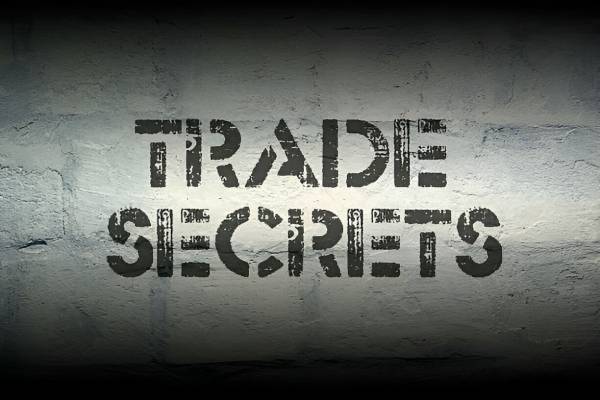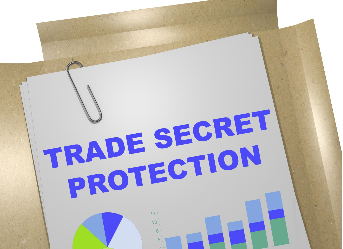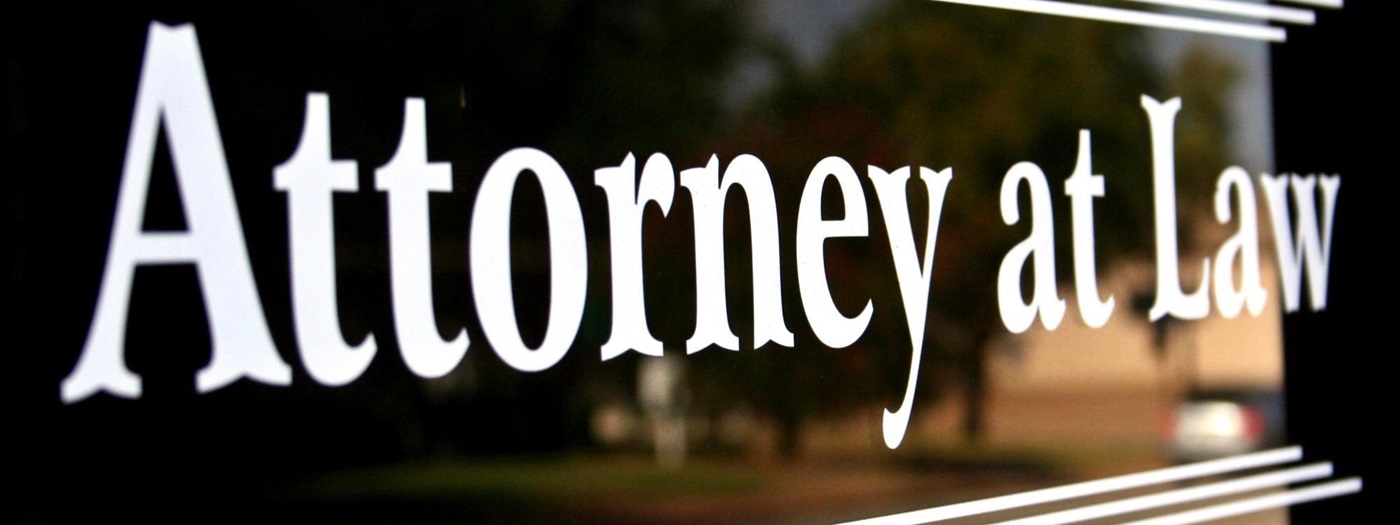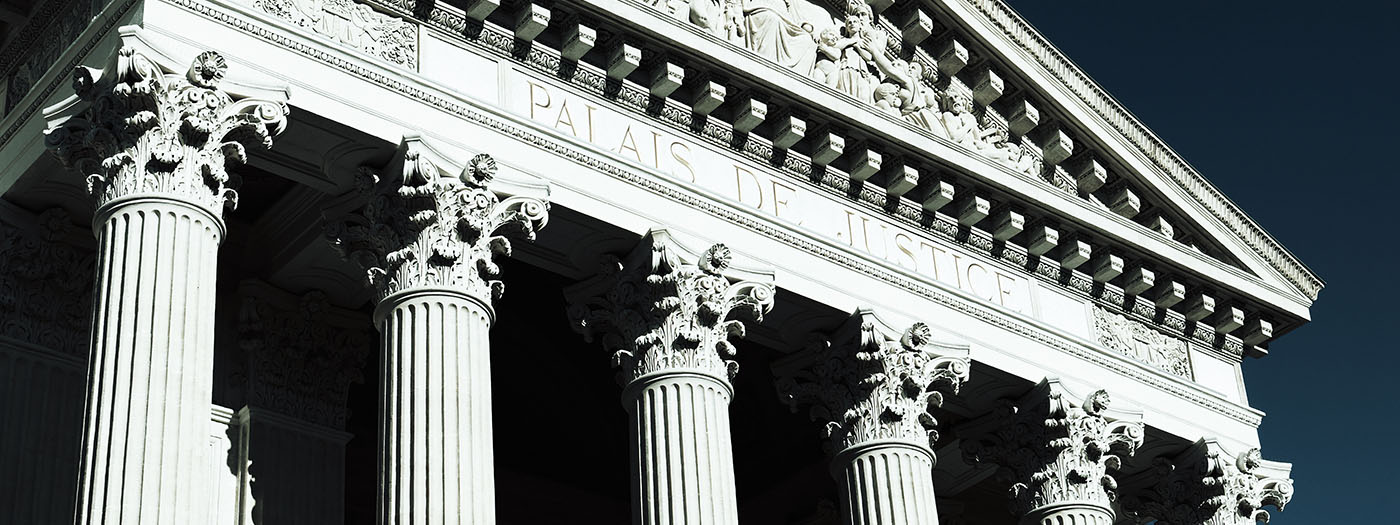Law Services: Protecting Your Future – Defending Your Rights
When legal problems arise, it is important that you retain an experienced and skilled lawyer to help you resolve them.
AREAS OF PRACTICE
FIELDS OF EXPERTISE
- INTELLECTUAL PROPERTY
- PATENTS
- TRADEMARKS
- TRADE SECRETS
- COPYRIGHT
- COMPUTER LAW
- INTERNET LAW
- LICENSING LAW
- HIGH-TECHNOLOGY LITIGATION
OUR LOCATION
VISIT US TODAY
TRADE SECRETS

Any valuable commercial information that provides a business with an advantage over competitors who do not have that information.
In general terms, Trade Secrets include inventions, ideas, or compilations of data that are used by a business to make itself more successful. Specifically, Trade Secrets include any useful formula, plan, pattern, process, program, tool, technique, mechanism, compound, or device that is not generally known or readily ascertainable by the public. Whatever type of information is represented by a Trade Secret, a business must take reasonable steps to safeguard it from disclosure.
Absolute secrecy is not required, however. Commercial privacy need only be protected from Espionage that can be reasonably anticipated and prevented. Trade Secrets may be revealed to agents, employees, and others ordinarily entrusted with such information, so long as it is understood that the information is confidential and disclosure is forbidden. At the same time, keeping information strictly confidential does not make it a Trade Secret unless the information is useful or valuable. Information that is common knowledge will never receive protection as a Trade Secret. Information must rise to a sufficient level of originality, novelty, or utility before a court will recognize it as a commodity.
Similarly, merely because something has been classified as a Trade Secret does not make every public disclosure of it the theft of a Trade Secret. For liability to attach for Trade Secret theft, the owner of valuable commercial information must demonstrate that it was appropriated through a breach of contract, a violation of a confidence, the use of surreptitious surveillance, or other improper means. For example, most employees who work in a commercially sensitive field are required to sign a contract prohibiting them from disclosing their employer’s Trade Secrets to a competitor or the general public. These contracts normally bind employees even after their employment relationship has ended.
In the absence of a contractual obligation, employees and others may still be held liable for disclosing a Trade Secret if a court finds they had reason to know that the information was valuable and were expected to keep it confidential. For example, engineers and scientists who consult on a commercial project are ordinarily bound by a duty of strict confidentiality that precludes them from later sharing any information they acquire or using it to facilitate their own research. Although many businesses require consultants to sign a nondisclosure agreement before beginning work on a sensitive project, this duty of confidentiality arises from the circumstances surrounding a particular venture, independent of any formal agreement reached between the parties.
WHAT WE DO
Dennen IP Law is situated in Huntsville, AL, home of Cummings Research Park, the third largest Research Park in the US.
Over 800 Government Contractors surround Redstone Arsenal, including the giants: Lockheed Martin; Boeing; BAE; Raytheon; and Northrup Grumman. These companies also rely heavily on the small and mid-size Government Contractors as their Subcontractors. Huntsville is also home to NASA Marshall Space Flight Center.
These companies equate to hundreds of thousands of employees with access to sensitive and secret information.
Employees are well-briefed on their responsibility in protecting information. However, employees make mistakes…and unfortunately, some of those “mistakes” are intentional.

Regardless of your industry, we put the law behind your Trade Secret for protection. We also assist you if, or when, there is an employee/asset breach in that protection brought on by the most dangerous source – human corruption.





